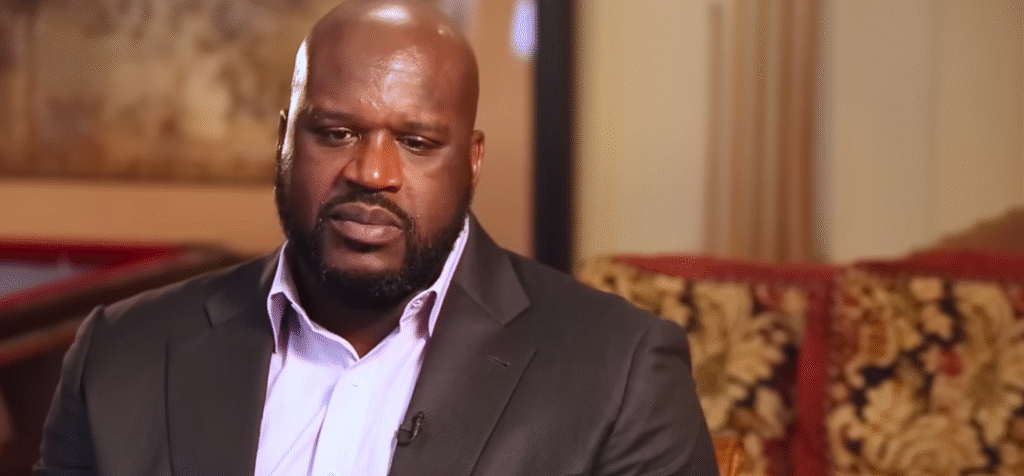Shaquille O’Neal’s net worth has risen to an impressive $500 million, and it’s not just the amount but also the strategy that makes it remarkably comparable to the wealth of elite CEOs. Although Shaq’s fierce dunks and commanding presence on the court are what most people remember him for, his true success came after his basketball career ended. His surprisingly low-cost food franchise investments, incredibly dependable endorsement selections, and especially creative collaborations have allowed him to continue to be a mainstay in the financial discourse long after his last NBA game.
Shaq made a seamless transition from athlete to brand by utilizing his celebrity status. Over $200 million has been earned through his endorsements alone, and he continues to make a consistent income from deals with Reebok, Icy Hot, The General, and Papa John’s. He received a salary of about $292 million when he played in the NBA. His post-retirement income, however, has significantly increased in recent years; he currently makes about $60 million a year. Compared to most former athletes, that represents a much faster rate of economic growth.
Shaq has invested in a portfolio that is not only sizable but also highly diversified over the last ten years. He has owned or continues to own dozens of fitness centers, 17 Auntie Anne’s, more than 150 Five Guys locations, and even car washes. Vanity projects are not what these are. His net worth has been increasing steadily thanks to these extremely effective, cash-flowing assets. Nor was his choice to purchase a Krispy Kreme in Atlanta arbitrary. It was motivated by his ability to access brands with devoted fan bases and emotional equity, and it was supported by data.
Bio Table: Shaquille O’Neal
| Field | Information |
|---|---|
| Full Name | Shaquille Rashaun O’Neal |
| Date of Birth | March 6, 1972 |
| Birthplace | Newark, New Jersey, USA |
| Height | 7 ft 1 in (2.16 m) |
| Career Earnings | $292 million (NBA salary) + $200M+ (endorsements) = $500 million net worth |
| NBA Teams | Magic, Lakers, Heat, Suns, Cavs, Celtics |
| NBA Championships | 4 (2000–2002, 2006) |
| Off-Court Roles | Entrepreneur, DJ Diesel, TNT analyst, investor |
| Education | B.A. LSU (2000), MBA (2005), Ed.D (2012) |
| Reference Link | Celebrity Net Worth |

Shaq became the public face of Papa John’s after a corporate crisis and joined the board through strategic partnerships. His decision came with equity and franchise ownership in addition to being symbolic. It was especially helpful when it came to celebrity endorsements. He became a stakeholder instead of merely a spokesperson as a result. Notably, his early 2000s investment in Google is regarded as one of the best ever made by an athlete.
Shaq bases his financial philosophy on personal experience. After infamously spending his first $1 million paycheck in 30 minutes, he later acknowledged that he needed to quickly understand the distinction between being wealthy and remaining so. His methodical approach was shaped by that financial awakening. In order to prepare for leadership in the post-basketball world, he obtained an MBA and then a doctorate in education. His educational path has been particularly transparent in showing his kids the importance of achieving success.
Instead of establishing trust funds, he instructs his children that in order to access his fortune, they must complete college. A growing number of billionaire philanthropists share this viewpoint. Like Warren Buffett or Bill Gates, Shaq thinks that a good education is more important than a simple inheritance. He has stated in recent years that “we’re not rich.” I have a lot of money. The lesson? Legacy is determined by the values that are passed down, not just by the amount of money.
Shaq has been frequently compared to other NBA greats, such as LeBron James and Charles Barkley, in recent days. Barkley has a net worth of about $80 million, LeBron has a net worth of over $1 billion, and Shaq is in the middle. But his journey is distinct. Shaq adjusted after his career and still ended up with a half-billion-dollar fortune, in contrast to LeBron, who established an empire with media and equity deals from the beginning. His timing, concentration, and modesty were crucial.
His DJ Diesel persona skyrocketed in popularity during the pandemic, demonstrating his ability to change course and make money on even unorthodox platforms. He continues to be successful and relevant in the entertainment industry, from launching Halloween events like Shaqtoberfest to headlining festivals like Electric Daisy Carnival. Notably, he has become a cultural icon for Gen Z as a result of these efforts, which is uncommon for athletes in his generation.
Shaq has taken great care to preserve his public persona since his retirement. On TNT’s “Inside the NBA,” he strikes a balance between humor and the seriousness of business behind the scenes. Not only are his appearances, endorsements, and investments extensive, but they also last a very long time. O’Neal himself says that the key is to only collaborate with businesses that share his values. This philosophy has maintained steady financial growth while drastically lowering reputational risk.
Shaq might have even more money in the years to come. He will have an impact on the upcoming generation of athletes and businesspeople through his position as President of Basketball at Reebok and his mentoring relationship with rising star Angel Reese. In order to demonstrate that he is not only following trends but also influencing them, his production company also introduced The Money Game, a Prime Video series that examines NIL deals.
